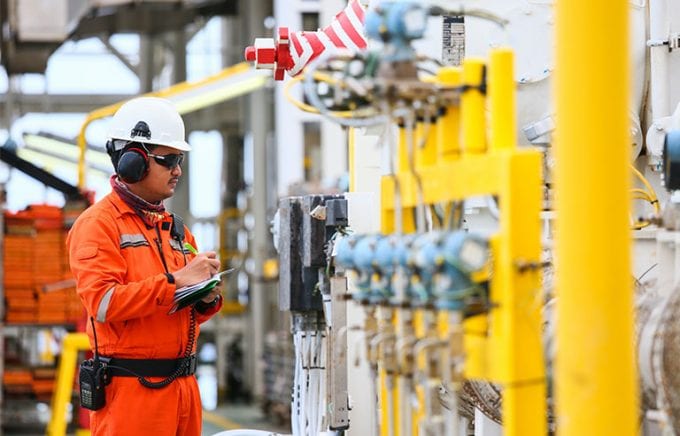5 Tips For Oil And Gas Equipment

The oilgas business is an excellent example of what is known as a high-risk work environmentThere aren’t many other fields that self-regulate to such a stringent degree to continually enhance healthsafetyTo more effectively handle worker safety concernsminimize the incidence of injuriesaccidents in the business, it is essential to reevaluate safety programsbehaviorThis may be accomplished by examining various aspectsWorkers in the oilgas industry continue to be one of the groups that face the most significant risk of injuriesdeaths compared to workers in all other sectors combinedA substantial toll is taken on employees due to the persistent pressure to maintain high levels of efficient production owing to the expensive cost of drilling projects, time spent away from home, extended workdays,high physical demandsThese variables may eventually impact worker safety by increasing the likelihood of human error, such as improper use of the oilgas equipment and inconsistent processes, both of which can raise the risk of accidents occurringIn addition, no one approach can be used to maintain, store, or repair all apparatus typesHowever, following these principles may reduce corrosiondamage to components while improving start-up performance.
- Prep equipment for storing
- Maintaining a regular cleaning
- Be aware of any risks
- Keep a storage logbook
- Maintain constant vigilance regarding equipment upkeep
- Check the equipment that has been stored before using it
- Make sure everyone is acquainted with the workplaces
It is essential to store your equipment to protect your financial investment adequatelyTherefore, you should seek assistance from a reliable organization to acquire the components, fluids, tools,detailed procedures required to properly store, maintain,keep your engines, motors, transmissions,pumps operating at peak performanceThis way, you can be confident that your motors, machines,pumps will perform adequately when necessary.
Essential Questions To Ask During An Oil And Gas Equipment Lease
Usually, when you rent out a piece of equipment, the lease will have specific rules that serve as the legal basis for the relationshipHere are some important clauses that are often found in leases for equipment:
How Long Will The Lease Agreement Last?
The length of the lease is usually based on both the needs of the businessthe cost of the equipmentWhen you make an expensive capital equipment lease agreement, a longer lease term is often cheapereasier in the long runBut for a small business whose needs change often, a shorter length may be the best choice.
Are There Options For Renewal?
When the lease is up, the lessee has many options for renewing the contract,each one comes with instructions on how to do itFor example, a lessee can ask for the chance to buy the equipment or for their monthly payments to be loweredYou can make this choice depending upon your requirementthe manufacturing equipment finances available.
Who Will Bear The Duty Of Taxes?
Depending on the leasing method, the individual who leases the equipment may have to pay taxes on itWhile you approach a manufacturing equipment finance or oilgas equipment lease, this is an important question to askinclude in the equipment lease agreement.

What is the Market Value Of The Equipment?
Leasing equipment could mean that you have to pay a lot of money to someone for manufacturing equipment leasingBefore agreeing to the terms of a lease, the lessee should have a good idea of how much the equipment is worth nowThis will help them figure out how much they will need to pay in premiums to cover replacement or repair costs.
What are The Rules For Dropping Out?
Include rules for getting a lease on any piece of equipmentCompanies rarely decide to end a contract right before it endsThis could be because the equipment is old or broken or because the company has found a better way to do what it needs to doFor example, oilgas equipment could become obsolete, in which case a business might look for a suitable replacementAlso, if you don’t ask about penalty rates before you sign the lease, the leasing company may charge you a bigger penalty.
Financial Terminology
The terms of the equipment lease should include specific information about when payments are due, such as when regular payments are duewhen late payments must be made.
Before talking about the lease terms, the owner needs to know a few things about the proposed lease form for equipment lendingIn the oilgas equipment leasing, there is no standard or universal lease formInstead, each company uses an agreement that was already writtenThe lessor may not want to sign the agreementSo, there are many things to think about when you get the formIf you can work out good terms, put them in writingadd them as an addendum to the lease form.






